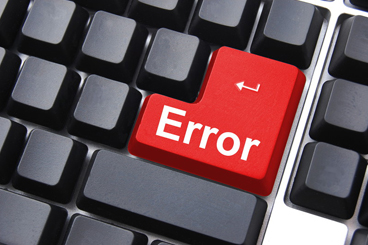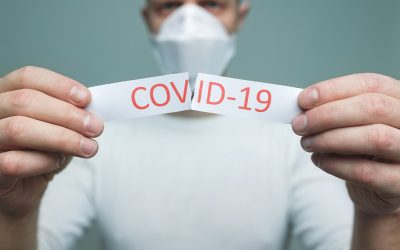
- In 2004, Ortega was doing business as a plane broker and consultant.
- After being arrested, he came to know that he had been heard on a wiretap selling aircraft to drug traffickers.
- A private investigator for Ortega looked into the wiretap claims and found that Ortega had been mistaken for another person Carlos, who had featured in the wiretaps and who was actually involved in criminal dealings.
- The prosecutors had confused the two men for the same Carlos, and this confusion was partly due to a simple transcription error.
- The US authorities were informed of this mistake by Mr. Ortega’s lawyers in March 2012, by which time the innocent man had already spent five months in prison along with violent criminals and drug lords at Bogota’s maximum security prison, La Picota.
- In spite of being informed about his innocence by American DEA agents, the South Florida federal prosecutor ordered the agents to keep the wiretaps proving his innocence under wrap.
- Ortega was extradited to Miami to face trial in 2012. The charges against him were dropped on August 31, 2012 and he was allowed to return to Bogota. However, by that time he had lost his business and was in serious debt.
- Though he sued the US and the federal prosecutor for false imprisonment, false prosecution and many other charges, the US Court of Appeals in the Southern District of Florida dismissed his lawsuit, claiming that the US had “sovereign immunity” and that the federal prosecutor was similarly protected from legal action.
Imagine all these events stemmed partly from a transcription error! Errors in legal transcribing can be catastrophic. Accusing the wrong person or wrong interpretation of judicial statements can have grave consequences. One reason for such mistakes could be inaccurate legal transcripts. Sometimes the recordings may only be marginally audible which may be due to use of poor audio recorders or distracting background noises.
The legal industry is a paper-intensive one and as any dedicated legal transcription outsourcing company would know, accuracy of the transcripts whether general correspondence, client letters, legal pleadings, briefs, interrogatories and so on, must be given prime consideration. The legal transcriptionist must have perfect co-ordination of his/her ears, eyes, and fingers to ensure accurate data entry. In legal transcription, there is no room for typographical or other kinds of errors. Therefore it is absolutely vital to use the latest digital technologies for the transcription. To reduce errors during transcription, the best policy is to create a fairly accurate transcription at the first level itself. This will allow the second level editors and quality control staff to focus their attention on subtler errors, and thereby ensure almost error-free transcripts.



